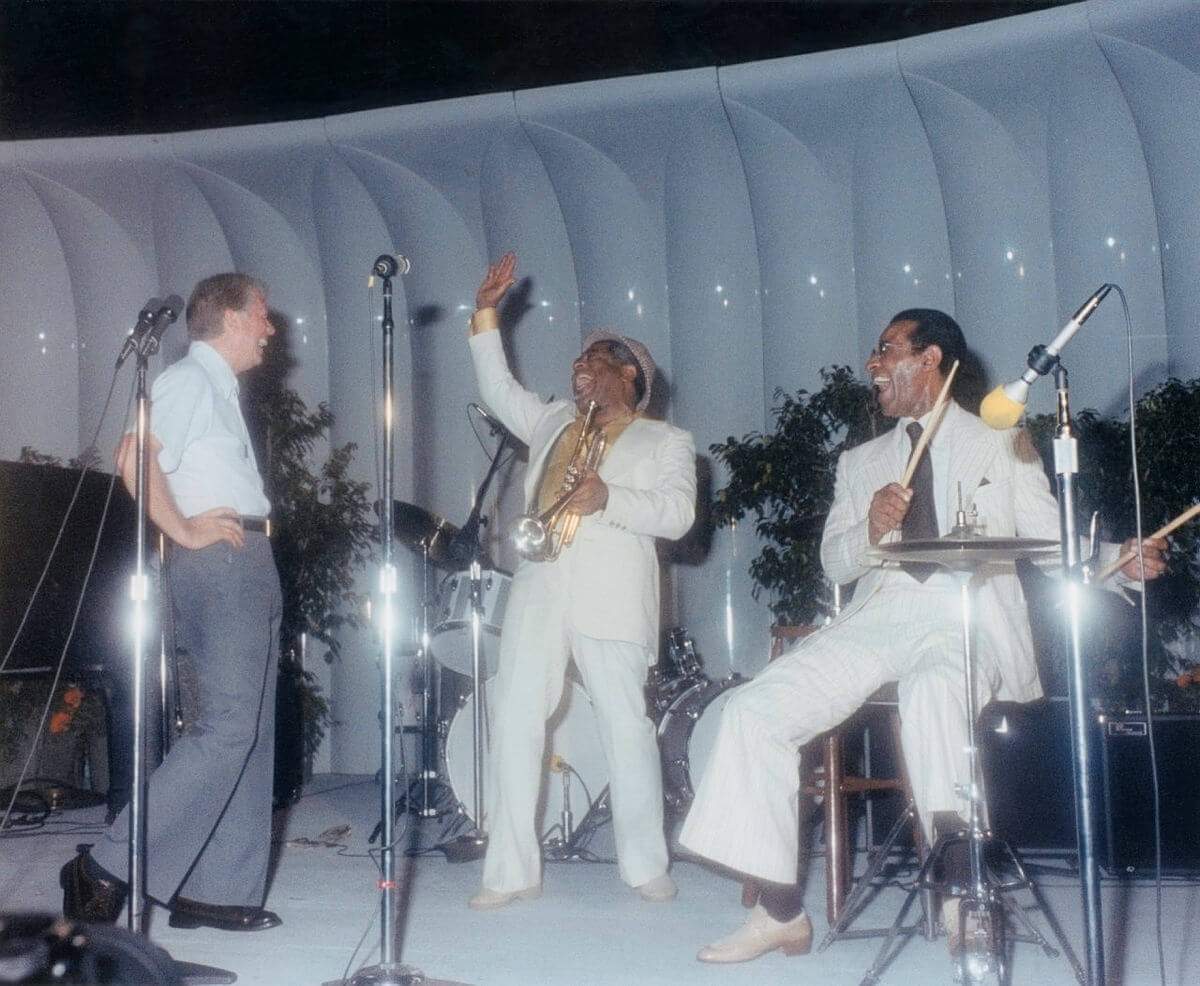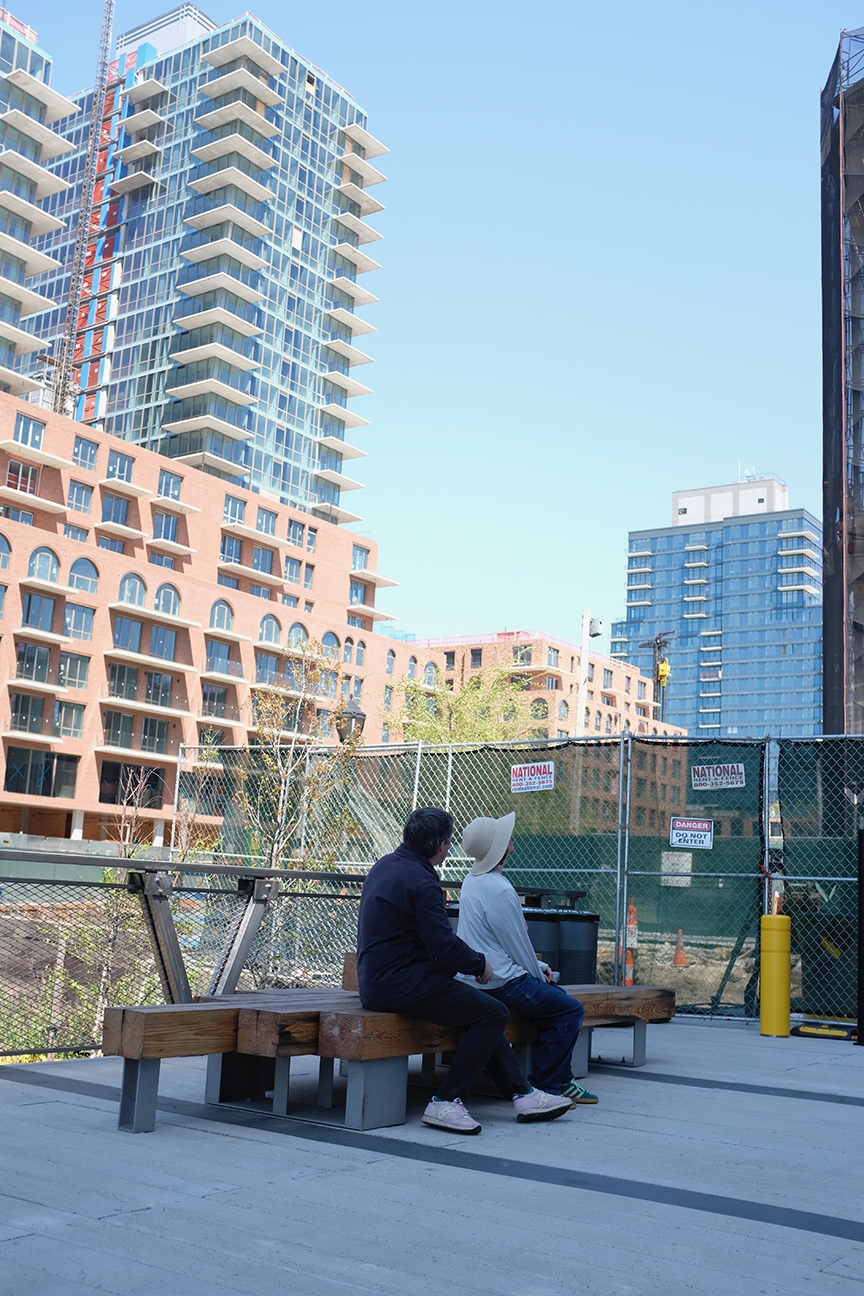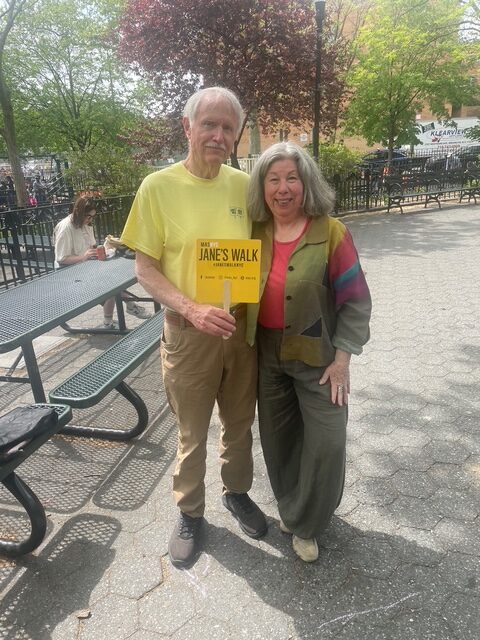As a critic, I’m wary of addressing issues of taste. Taste is personal, it’s what we like and what we don’t—I love how in Italian you say you like something with “mi piace,” which means “it pleases me”—and there’s very little taste-wise that is truly bad. Bad taste, done with affection, is kitsch, which is a good thing. Criticism is about seeing something for what it is, what it says, and examining it on its own terms while also seeing how it fits into social, historical, aesthetic, ethical, and moral contexts. A good critic can take something that works on its own terms and express that, even if they don’t personally like it.
Writing critically about jazz starts with taste. For whatever personal reasons, when I first heard jazz I heard something that was absolutely joyous, beautiful, and exciting to me. The rhythmic concepts, the spontaneity of improvisation, the close listening and quick thinking inside an ensemble, these are the most delicious flavors to me. The critical side of me looks at my reactions and tries to understand and articulate what they mean.
Going over all that would make for several books. Cutting to the chase, and getting to the subject, means saying that what jazz means to me is the cultural greatness of America, and it is jazz and its American-ness that make me a citizen. And seeing jazz as the unique form it is, and how it came to be, means seeing how America itself came to be, not just culturally but politically, economically, and socially. Caring about jazz, and the blues that is its foundation, means knowing that Black Americans—brought here enslaved—have been fundamental to making this country what it is, despite this country doing everything it can to keep them from full rights of citizenship.
Jazz is part of the immense cultural power this country had in the 20th century. After World War II, American popular culture was a dominant force across the globe, and jazz is something that people all over the world loved about America, even as they were repulsed by our militarism, racism, and economic exploitation. More than any other factor it was culture that won the Cold War—it wasn’t the defense budget that brought down the Berlin Wall and disintegrated the Soviet Union, it was the desire people under totalitarianism had to wear Levis, dance to Michael Jackson, and drink Coke—and jazz was consequential in that, with the State Department (and yes, the CIA) sending out the likes of Louis Armstrong and Dizzy Gillespie on tours to show the world what was possible in America.
Possible, yes, actual, rarely. The idea that America wasn’t truly a democracy until the passage of the Civil Rights Act is indisputable. Sixty years later, we are at the edge, if not past it, of an oligarchical Neo-feudalism. Without a grand strategic conflict focussing politician’s priorities, cowardly reactionaries have run amuck, anarchists in all but name delivering favors to their rich patrons and grievances to the resentment addicts who make up a substantial portion of the public. The richest man in the world, an immigrant to this country, a vampire surrounded by eager Renfields, unsatisfied with his wealth, the leader of a party of puffed up, polished, self-regarding, mean-spirited amoralists and ignoramuses and the de facto next President, has decided to slather his dullness over everything. It’s not enough that he’s made his fortune off of taxpayers money—we’ve made him rich, folks!—now he needs to tell us what American culture is and who is an American and who isn’t.
And not just us! Shortly before the New Year, the German newspaper Welt am Sonntag published an editorial from him—civic-minded of them to give space to the kind of voices the public doesn’t hear from enough—in which he called the fascist Alternative for Germany (AfD) party the “last spark of hope” for that country, and that the party would create cultural integrity for Germany. In no way can I imagine that he’s thinking about Beethoven and Goethe. When he’s talking about the cultural integrity, he means preserving the political, social, and economic power of one specific racial and language group and keeping it away from people who have different skin colors and languages. That’s not culture—it’s barely monoculture—it’s apartheid.
There are clearly many, many people who fervently desire this monoculture, and their passionate intensity in the context of this nation means that they absolutely hate America and everything it is. Monoculture is a not a matter of criticism, but a matter of taste, since it has only one flavor, and it is bland, dry, dull, and ultimately choking, like unseasoned chicken.
The same last weekend of 2024, we lost Jimmy Carter. Carter was a good man who did the kind of good works that, in another denomination and with a few miracles tossed in, would make him a Saint. The obits and eulogies are all about his character, personal history (which includes the kind of social and physical bravery that our political and corporate rulers run from) and political misfortunes. On the one hand, he had to give up his peanut farm when he took office, a quaint nation seen from our era of open corruption, and on the other he was undermined by treasonous subterfuge from Ronald Reagan and the Republican Party. Against that anti-patriotism, he did one of the most American things ever from a President, hosting a White House Jazz Festival in 1978.
Carter was a huge fan of American music of all kinds (as was Rosalyn Carter, who got the Library of Congress to expand their audio collection to include blues, gospel, and soul) because his America wasn’t the abstract worship of Revolutionary War political philosopher and the almighty dollar, but Americans themselves, how they lived and what they liked. What Carter liked and had taxpayers support (and good for him!) was Eubie Blake, Dexter Gordon, Ornette Coleman, Cecil Taylor, and other titans. Charles Mingus, at the end of his life and unable to play, was honored, and there is a deeply moving and beautiful photo of Jimmy and Rosalyn comforting Mingus, who was overcome with emotion. Two of the most important men in American history together in respect for each other and love for the possible is something that has been vanishingly rare, because it means looking beyond oneself. We have the artists who can do this, but it’s hard to see the politicians who can.
We do not have the politicians equal to our artists. Not being able to see past one’s own skin, to know that there are more kinds of people than you and more stories than yours, is a fundamental intellectual failure. It’s worse than stupid, it’s effortful ignorance. The monoculture they want is solipsistic, inbred, and decadent like the House of Habsburg. It isn’t in bad taste, it is tasteless, without flavor or color. It is anti-jazz, and so it is anti-American.
America is full of colors and flavors, that’s a strength. That strength won the Cold War, and jazz is part of that. In the most ruthless power calculation, monoculture is weakness, and what our oligarchs want makes this country weak. Jazz is our strength, it’s part of 100 years of cultural greatness. Be American, live colorfully, listen to jazz.
Author
-

George Grella wrote the book on Miles Davis’ Bitches Brew. He write other stuff too. killyridols.substack.com/
View all posts
George Grella wrote the book on Miles Davis’ Bitches Brew. He write other stuff too. killyridols.substack.com/
Discover more from Red Hook Star-Revue
Subscribe to get the latest posts sent to your email.














One Comment
A masterpiece. Captivating the essence of jazz and how it intertwine between American culture.